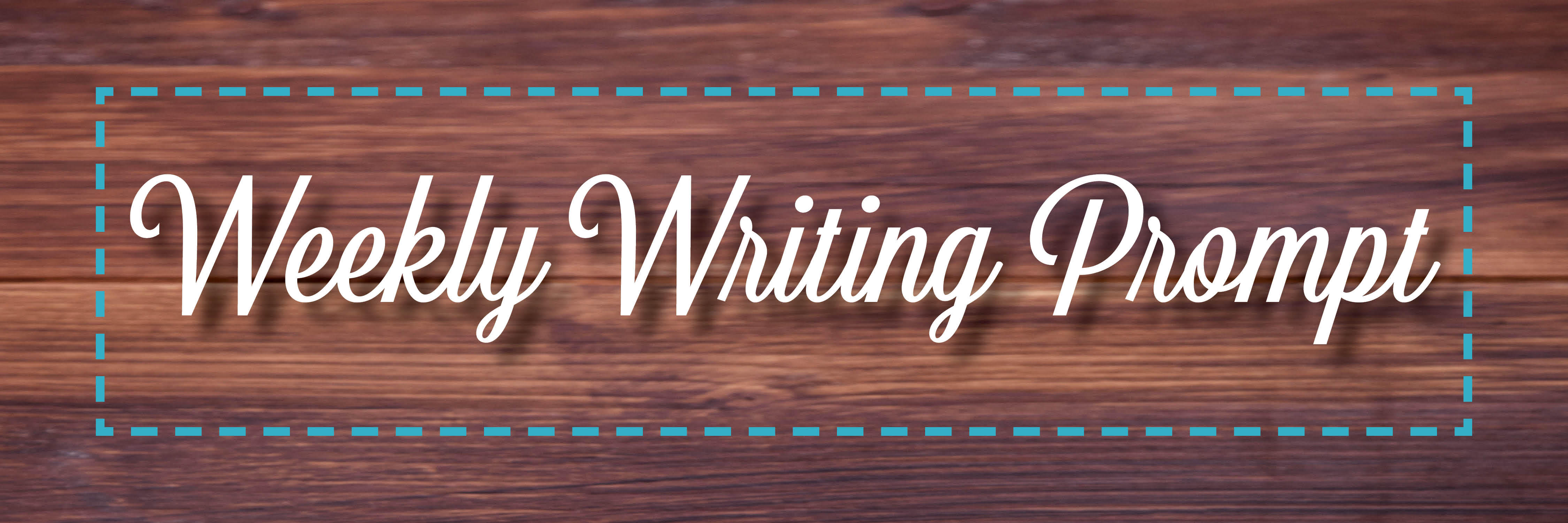Weekly Prompt: Rosa Parks

Every post in this series will include a weekly reading and a list of prompts in response to that reading. Some of them will be focused on craft; some will ask you to evaluate content.
This idea was born from an MFA course I took that focused almost entirely on emulating the style of other writers and then reimagining that first draft into something that was our own but still had echoes of the original. It's also inspired by the heightened sociopolitical reality so many of us come face to face with each day.
Writing can be for pleasure; it can be cathartic; it can be used as a tool; it can preserve memory; it can foster connection. Whatever it may be, I hope this series helps you find what you're looking for out of your practice.
______________________________________________________
Week of September 28
Reading: "Rosa Parks" by Nikki Giovanni
Craft element to note: Prose poetry. If you're trying to convey a lot of information within a poem, a prose poem may be the best form to use. A prose poem is a segment of text uninterrupted by the usual line breaks and white space found in poetry. The same emphasis is placed on descriptive language, rhythms, and other poetic devices, but there's more room in the text itself for explanation.
Here, Giovanni's use of prose ensures not only that the reader will understand the political point she is trying to make but also that the reader will be aware of the history that led up to Rosa Parks refusing to give up her seat on the bus. People probably know about the Pullman porters, Emmett Till, and Rosa Parks separately, but Giovanni realized that they may not know how that history is intertwined. Instead of leaving it up to chance, she gives us the whole timeline.
The form itself of the prose poem works on a psychological level. Generally, when readers are confronted with a long, unbroken paragraph, the process of reading is tiring and can feel a bit overwhelming. Giovanni is paralleling the reality of the Civil Rights movement: the tiring, overwhelming, never-ending fight for equality.
Prompts:
- Giovanni repeats the refrain "This is for _____ who . . . " and in doing so, reminds us over and over again who we're following—the Pullman porters, the men who kept them safe, Emmett Till, the mothers, Rosa Parks. This works on a structural level by keeping the poem as precise as possible, but it also functions to highlight who is important. The emphasis here is not on the white oppressors and murders; it's on the Black adults and children whose lives led to big and small turning points. Write a poem that starts every line (or every other line, every third line, whichever speaks to you) with "This is for . . ."
- As well as repetition, Giovanni employs the literary device synecdoche, which is when a part of a group represents the whole. In this case, the Pullman porters are described by their actual history—freed slaves who found employment and unionized and ran news from the north to the south and accompanied Emmett Till. But they're also representing every group of Black folks who, in history and in the present, have had to take less than what they're worth, have had to smile for their own safety, have been the touchstone for equality, fighting every day with a hundred small moments. Write a poem founded on synecdoche—examining one item or idea or group while really speaking to something much larger.
- This poem is not only packed with emotion and messaging, it's also packed with information. Think of a moment or series of moments in history powerful to you, and write a poem about it/them.
- This poem is titled "Rosa Parks," but we don't encounter Rosa Parks on the page until the very end. Choose a historical figure and write a couple lines about their accomplishment. Now set those lines at the end. Focus the majority of the poem on what led up to that figure's action(s).
- As mentioned, Giovanni uses the claustrophobic form of the prose poem to parallel the feel of the Civil Rights movement. Choose a memory, moment, or topic that lends itself to this same feeling—endless, exhausting, overwhelming, suffocating. Write a prose poem about it that focuses on the experience of reading.